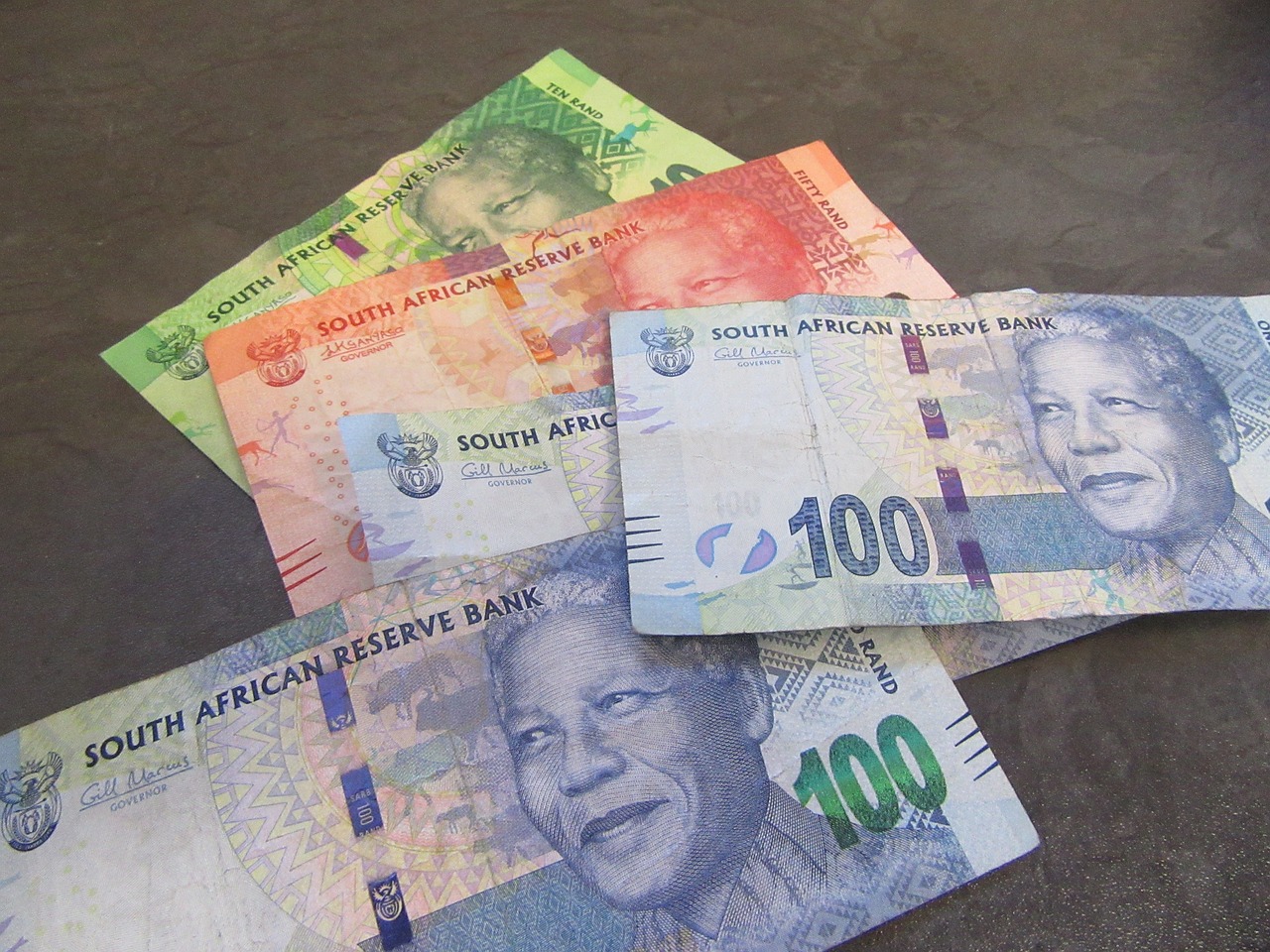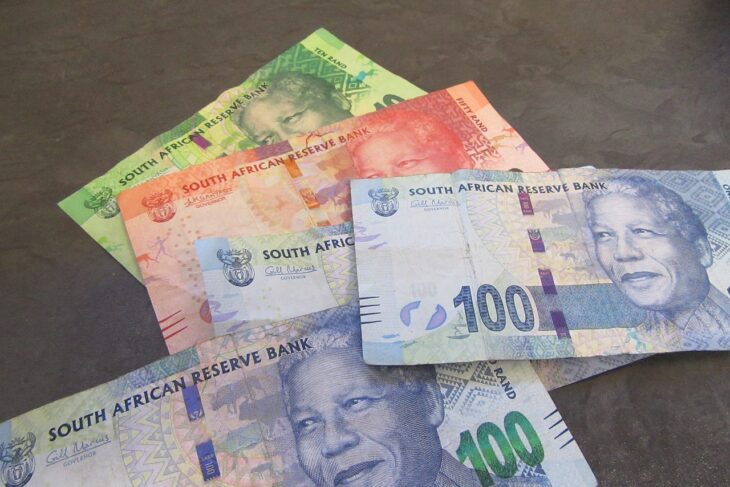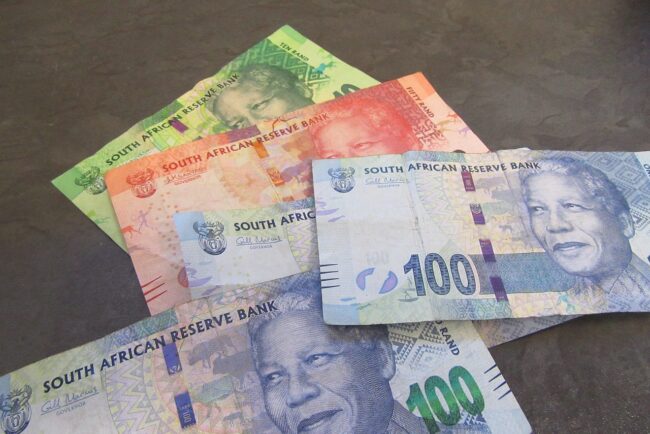
South African political parties may bring the better or the worse for the country as the currency has go down compare to dollar.

The South African Rand has recently hit the R17 mark against the US dollar, a development closely watched by economists, businesses, and the general public. This currency movement comes amidst ongoing talks between the Democratic Alliance (DA) and the African National Congress (ANC) regarding the formation of a Government of National Unity (GNU). The discussions between these two major political parties are seen as pivotal for the country’s political stability and economic future.
Political Context
The talks between the DA and the ANC have been in the spotlight for weeks. The idea of a Government of National Unity emerged following increasing political fragmentation and public discontent with the current state of governance. Both parties have faced significant pressure to find common ground and work together to address the myriad challenges facing South Africa, including economic stagnation, high unemployment, and widespread corruption.
A GNU aims to bring about a more collaborative and less adversarial political environment, fostering unity and focused efforts on national priorities. However, the negotiations have been complex, with both parties having to navigate significant ideological differences and historical rivalries.
Economic Implications
The Rand’s depreciation to R17 against the dollar reflects market anxieties over the political uncertainty and the outcomes of the GNU talks. Currency fluctuations are often influenced by investor sentiment, which can be swayed by both domestic political developments and global economic conditions.
Several factors have contributed to the Rand’s recent decline:
- Political Uncertainty: The protracted negotiations between the DA and ANC have created an atmosphere of uncertainty. Investors typically prefer stable political environments, and the prolonged nature of these talks has led to concerns about future policy directions and governance stability.
- Global Economic Trends: The global economic landscape, including the strength of the US dollar and interest rate adjustments by the Federal Reserve, also plays a crucial role. A strong dollar can make emerging market currencies like the Rand less attractive, leading to depreciation.
- Domestic Economic Performance: South Africa’s economic performance, characterized by slow growth and structural issues, continues to weigh on the currency. Persistent issues such as load-shedding, high unemployment, and a widening fiscal deficit contribute to negative investor sentiment.
Market Reactions and Future Outlook
Businesses and financial markets are closely monitoring the progress of the GNU talks. A successful resolution and formation of a stable government could lead to a resurgence of confidence, potentially stabilizing the Rand. On the other hand, failure to reach an agreement or prolonged uncertainty could exacerbate the Rand’s volatility.
Economic analysts suggest that for the Rand to regain strength, it is crucial for the GNU talks to yield tangible results that demonstrate a commitment to effective governance and economic reform. This includes addressing corruption, implementing structural economic changes, and creating an environment conducive to investment and growth.
Responses from Key Stakeholders
Various stakeholders have expressed their views on the current situation. Business leaders emphasize the need for political stability and a clear economic vision to restore investor confidence. “The ongoing talks are crucial for the future of our economy. A unified government with a strong mandate to implement reforms could significantly boost confidence and economic prospects,” said Sipho Pityana, a prominent business figure.
Meanwhile, the public remains cautiously optimistic but wary of the potential for political maneuvering to overshadow substantive progress. Civil society organizations are calling for transparency in the negotiation process and urging both parties to prioritize national interest over partisan gains.
Conclusion
As the Rand hits the R17 mark against the dollar, the spotlight remains on the GNU talks between the DA and ANC. The outcome of these negotiations will have profound implications for South Africa’s political stability and economic trajectory. While the current currency fluctuation reflects market anxieties, a successful resolution could pave the way for renewed confidence and economic revival. Conversely, continued uncertainty poses risks of further economic challenges. The coming weeks will be critical in shaping South Africa’s future direction.




















